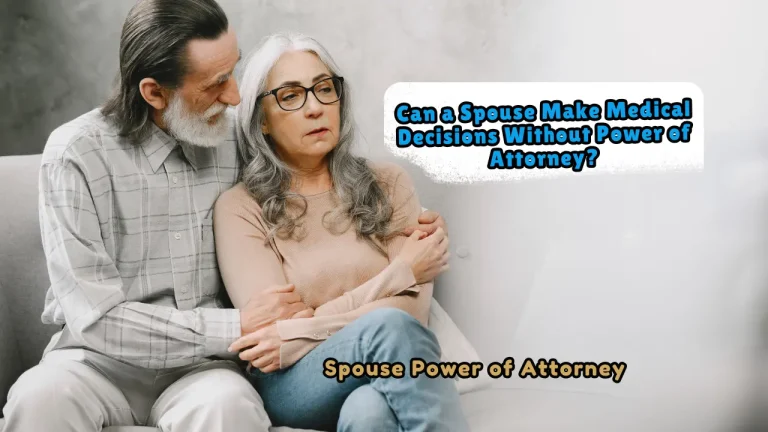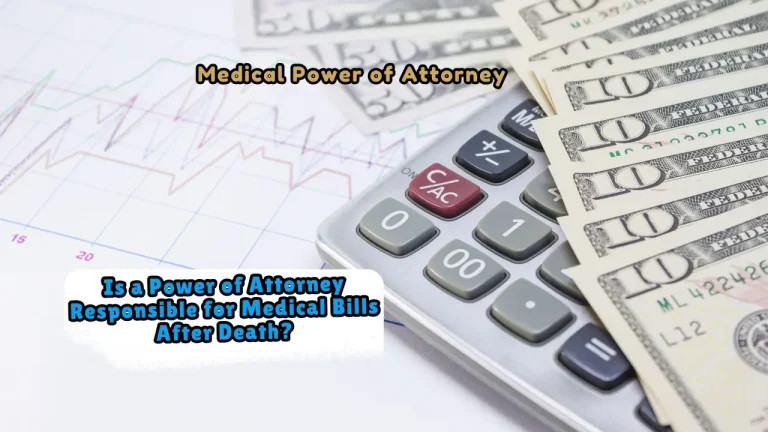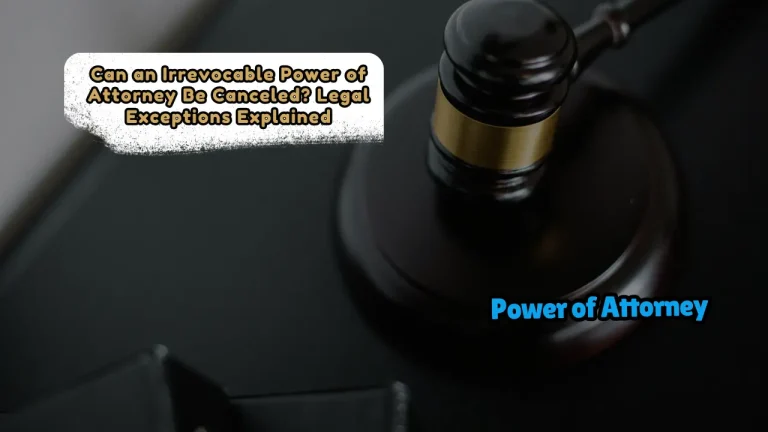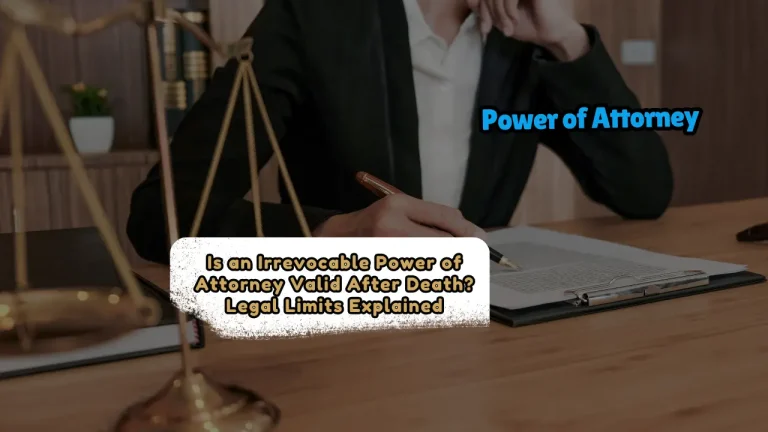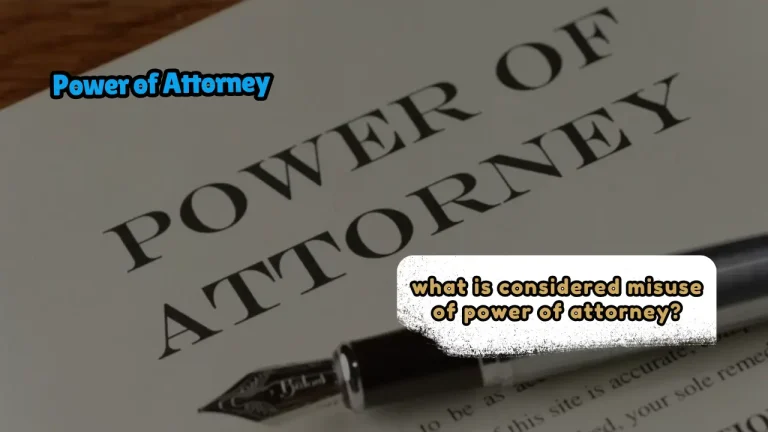Can a Spouse Make Medical Decisions Without Power of Attorney?
In most cases, yes – a spouse can typically make medical decisions for their partner without a formal power of attorney document, but there are important limitations to this authority. How Spousal Medical Decision-Making Works Default Legal Authority In all 50 U.S. states, spouses generally have some degree of inherent authority to make medical decisions…

